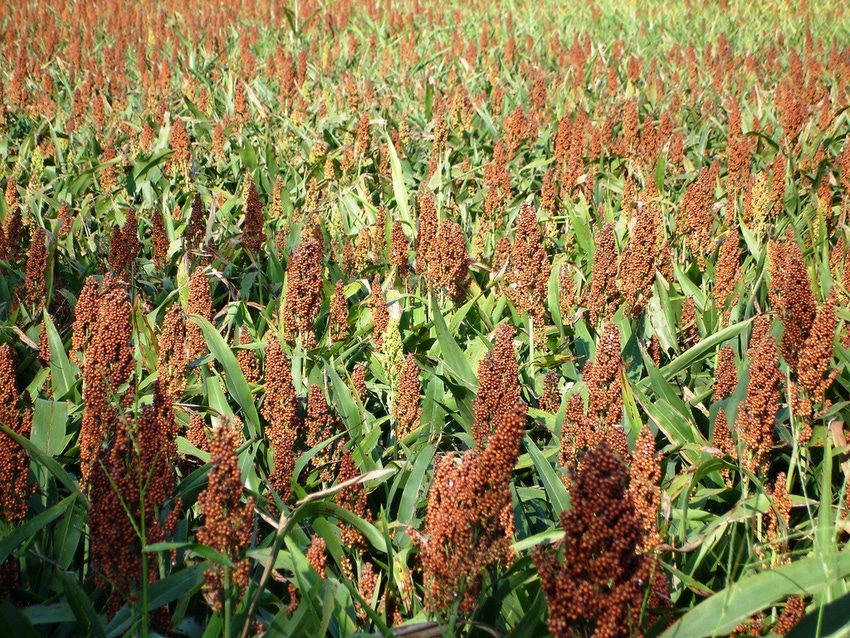March 29, 2019

The last week in March, representatives from the Sorghum Checkoff, National Sorghum Producers and a few of the nation’s top sustainability minds sat down in Dallas to hammer out the beginnings of a sustainability roadmap for the U.S. sorghum industry.
While it’s been easy for our relatively small crop to feel behind the other commodities in this area, the reality is everyone in American agriculture is striving to better define and measure as well as improve the sustainability of the industry we love.
A big driver of this constant state of improvement is the definition of sustainability itself. Sustaining something requires ongoing effort. Ensuring our kids and grandkids, as well as our customers’ kids and grandkids, have access to both safe and affordable food and a safe environment is no different. So, what does sustainability look like for the sorghum industry?
Good question! Our farmer leaders still have a lot of work to do defining this over the next few months, and I look forward to writing more about that work soon. However, right now, there isn’t an easy answer. So, instead of directly answering, I’ll set the stage by giving you two areas to think about — two areas that could impact your bottom line — along with an overall state-of-play related to each one. I’ll dive into the first area, greenhouse gas emissions, today.
You may remember the cap and trade bill that made its way through the U.S. House of Representatives in July 2009 but failed to get enough traction to make it to then-President Barack Obama’s desk. You may have even been involved in discussions to participate in a climate exchange. While these discussions never progressed far enough at the national level to result in meaningful policy changes, the concepts are alive at the state and, even international, level.
Those of you who grow sorghum are probably aware of the importance of the California ethanol market. About half of the ethanol sold into the billion-gallon market is of High Plains origin, and much of this ethanol was produced using sorghum. This market is tightly regulated through the Low Carbon Fuel Standard, or California’s version of the federal Renewable Fuel Standard, which requires every gallon of fuel sold in the state to have a GHG score to quantify its environmental impact. A lower score means the fuel is worth more in the California marketplace.
Farming activities account for around 30% of the score and 80% of this component is driven by nitrogen fertilizer application. Given the price of LCFS carbon credits today, these applications alone account for $0.39 of a fuel’s per-gallon value in California. On a per-bushel basis, this amounts to $1.12. Does this all accrue to the farmer? No. After all, this is a long and complex supply chain with a lot of moving parts and a lot of freight. However, regardless of your political leanings or views on climate science, $1.12 — even divided up among a dozen or more participants — is a significant amount of value.
California isn’t alone. Oregon is rolling out its own standard, and Washington will likely follow. A handful of other states have also considered similar standards, and some groups are considering and lobbying for regional standards, as well. Internationally, discussions are underway (or concluded — with full standards already in place) in Brazil, Canada, China, Colombia, the European Union and Japan. Whether any of these or similar standards are enacted in the U.S. at the federal level or not, low carbon policies are driving real value in real markets.
The second area relates to food and other consumer markets. As complex as the GHG aspect of this discussion is, the cultural, social and political aspects of consumer marketing are likely just as complicated — just in a different way. Stay tuned!
Duff is a strategic business director for National Sorghum Producers. He can be reached by email at [email protected] or find him on Twitter @sorghumduff.
About the Author(s)
You May Also Like






